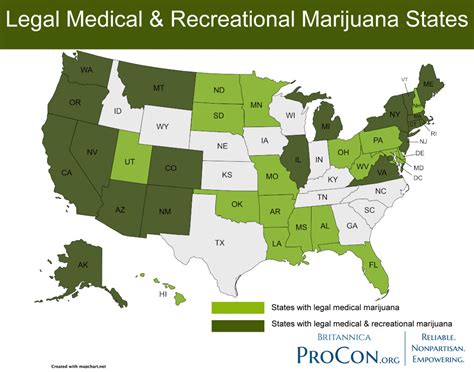
Recent developments in cannabis legalization across the United States represent a significant shift in public policy. As of March 1, 2023, 21 states, along with Washington D.C., Guam, and the Northern Mariana Islands, have enacted laws permitting recreational marijuana use. These laws are removing all state-imposed penalties for specified marijuana-related activities, reflecting a growing disparity between federal and state regulations.
In New Jersey, for instance, the Cannabis Regulatory Enforcement Assistance and Marketplace Modernization (CREAMM) Act has laid the groundwork for legalized adult recreational cannabis sales, which began on December 1, 2022. This law includes provisions for expunging previous convictions for cannabis possession by July 1, 2024. New Jersey has established a comprehensive tax structure for cannabis, comprising a 10 percent state excise tax, a 7 percent sales tax, and a 3 percent local tax for municipalities where sales occur.
The Alcohol Policy Information System provides detailed insights into these newly adopted cannabis legalization laws. Meanwhile, the Congressional Research Service Reports highlight the evolving landscape of marijuana law in the US.
New York State’s Marihuana Regulation & Taxation Act (MRTA), effective since March 31, 2021, is another pivotal development. This act legalizes adult-use cannabis and establishes the Office of Cannabis Management to regulate medical and hemp cannabis comprehensively.
However, challenges persist, particularly concerning public health. A study found in the National Center for Biotechnology Information indicates a small increase in the prevalence of past-year cannabis use disorder among 12-17 year olds following the enactment of recreational cannabis laws. This highlights the need for ongoing research and public health measures, as emphasized by the Centers for Disease Control and Prevention.
President Biden’s recent statement on marijuana reform, available on the official White House website, underscores the changing federal stance on this issue. Even as regulations evolve, important limitations on trafficking, marketing, and underage sales remain crucial to ensure responsible cannabis consumption and control.
Overall, these laws and initiatives mark a significant shift in the approach towards marijuana regulation in the United States, suggesting a trend towards greater acceptance and controlled legalization.